Throughout history, social justice movements have been shaped by countless individuals whose contributions often go unrecognized. While the spotlight typically shines on a few prominent leaders, many unsung heroes played critical roles in advancing these causes. Their tireless efforts, often in the face of great adversity, laid the groundwork for the progress we see today. By highlighting their stories, we not only honor their legacy but also gain a deeper understanding of the diverse and multifaceted nature of these movements. This article sheds light on some of these remarkable individuals who made significant, yet often overlooked, impacts on social justice.
Claudette Colvin
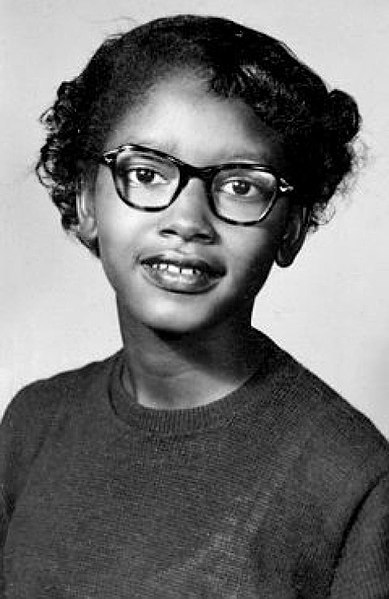
Before Rosa Parks famously refused to give up her bus seat, 15-year-old Claudette Colvin did the same in Montgomery, Alabama. Her act of defiance came nine months before Parks, but Colvin did not receive the same recognition. Colvin’s courageous stand was instrumental in challenging the segregation laws in court, yet she was largely overlooked due to her age and the fact that she was a pregnant teenager at the time. Despite this, her testimony was crucial in the landmark case that eventually led to the end of bus segregation. Colvin’s bravery laid the groundwork for the Civil Rights Movement.
Bayard Rustin
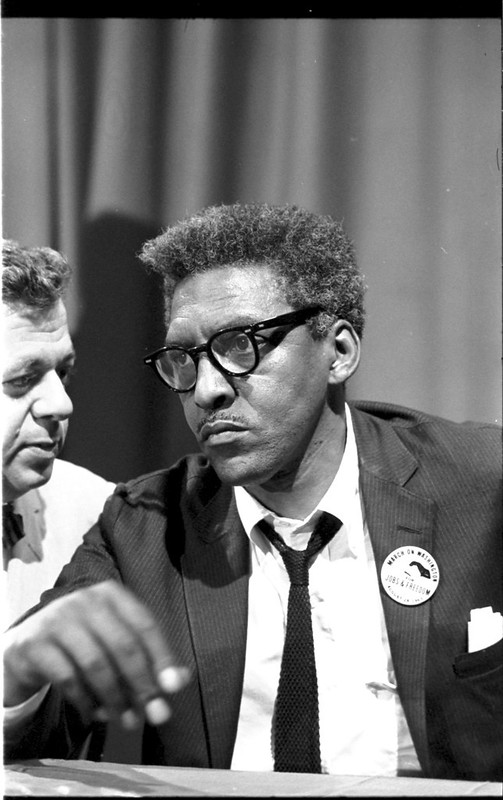
Bayard Rustin was the mastermind behind the 1963 March on Washington, a pivotal event in the Civil Rights Movement. Although he was a close advisor to Martin Luther King Jr., Rustin often worked behind the scenes due to his identity as a gay man, which was controversial at the time. His commitment to nonviolence and his organizational genius made the march a resounding success. Rustin’s contributions to the movement were immense, yet his role has been overshadowed by others who were more publicly visible. He remains an essential, though often unheralded, figure in the fight for justice.
Ella Baker
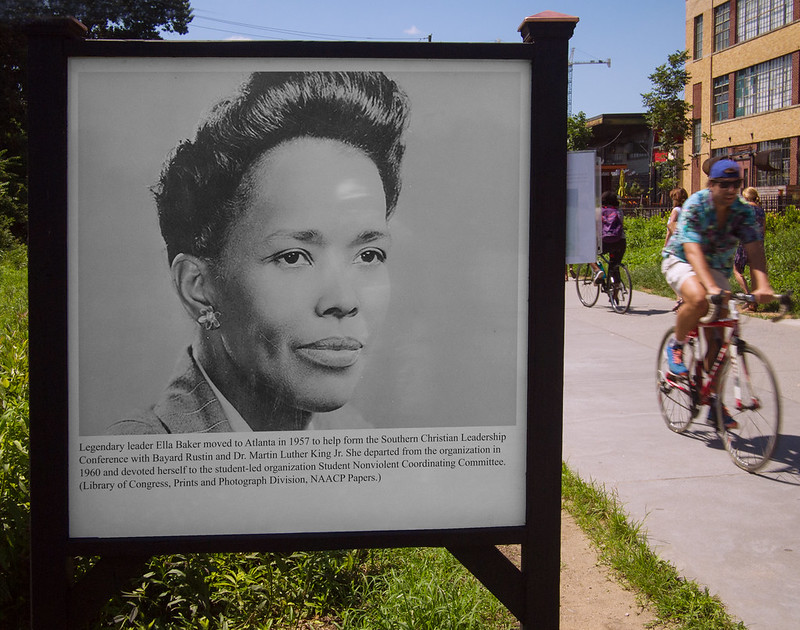
Ella Baker was a driving force behind the scenes of the Civil Rights Movement, working tirelessly to empower grassroots activists. Unlike many of her contemporaries, Baker believed in a decentralized leadership model, advocating for community-based organizing rather than a focus on singular charismatic leaders. She played a key role in founding the Student Nonviolent Coordinating Committee (SNCC), which became a crucial player in the movement. Baker’s philosophy of participatory democracy influenced generations of activists, though she never sought the limelight herself. Her legacy lives on in the continued fight for civil rights and social justice.
Pauli Murray
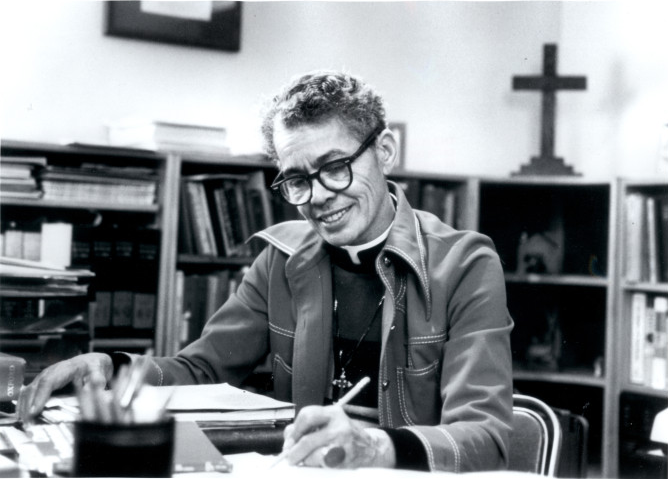
Pauli Murray was a legal scholar, activist, and the first African American woman to be ordained as an Episcopal priest. She coined the term “Jane Crow” to highlight the dual discrimination faced by Black women due to both race and gender. Murray’s legal arguments and writings laid the foundation for later landmark cases, including Brown v. Board of Education. Despite her significant contributions to both the Civil Rights and Women’s Rights Movements, Murray’s work is often overlooked. Her intersectional approach to activism was ahead of its time and remains relevant today.
Fannie Lou Hamer
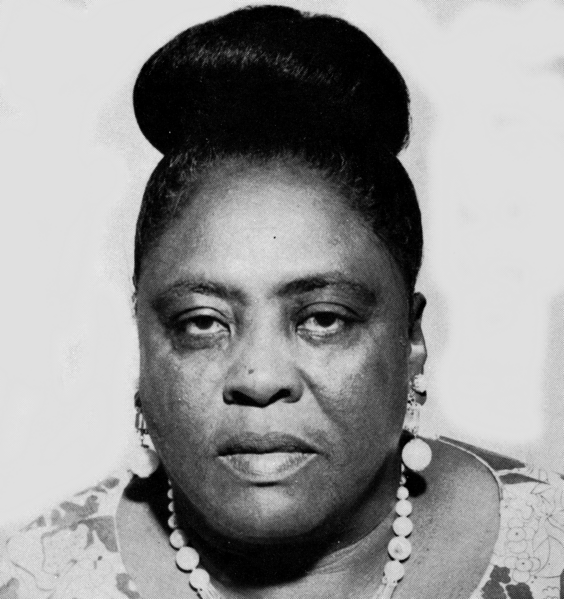
Fannie Lou Hamer was a sharecropper turned civil rights activist who played a pivotal role in organizing Mississippi’s Freedom Summer and co-founding the Mississippi Freedom Democratic Party. Despite facing severe beatings and death threats, Hamer remained undeterred in her fight for voting rights. She famously declared, “I’m sick and tired of being sick and tired,” a phrase that resonated with many in the struggle for equality. Hamer’s courage and relentless advocacy helped secure voting rights for African Americans in the South. Though not as widely recognized as some of her peers, her impact was profound.
Fred Korematsu
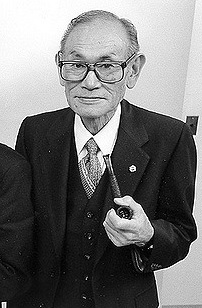
Fred Korematsu was a Japanese-American civil rights activist who bravely challenged the U.S. government’s internment of Japanese Americans during World War II. After refusing to comply with the internment order, Korematsu was arrested and convicted, but he took his case all the way to the Supreme Court. Although he lost the case at the time, his conviction was eventually overturned decades later, recognizing the injustice he had faced. Korematsu’s courage in standing up against racial discrimination during a time of widespread fear and prejudice is a powerful example of individual resistance. His legacy is honored annually on Fred Korematsu Day, a testament to his enduring impact.
Dolores Huerta
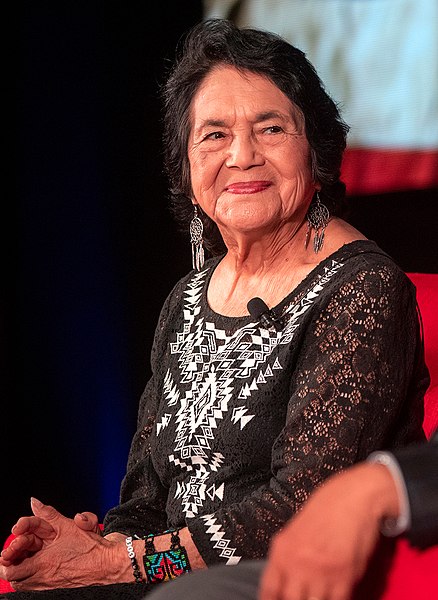
Dolores Huerta co-founded the United Farm Workers (UFW) with Cesar Chavez and played a crucial role in organizing labor strikes and boycotts to improve conditions for farmworkers. Her rallying cry, “Sí, se puede!” (Yes, we can!), became a powerful slogan for the movement. Huerta’s efforts were instrumental in securing better wages, working conditions, and legal protections for agricultural workers, many of whom were Latino immigrants. Despite her significant contributions, Huerta has often been overshadowed by Chavez in the narrative of the UFW. Her work, however, remains a cornerstone of labor rights and social justice in the United States.
Barbara Smith
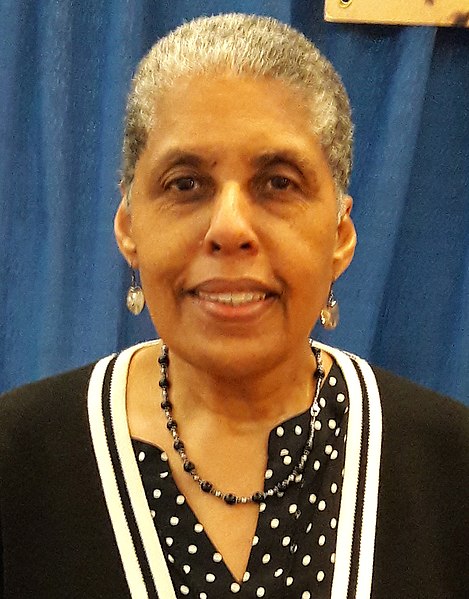
Barbara Smith is a Black feminist scholar and activist who co-founded the Combahee River Collective, a group of Black feminists who articulated the importance of intersectionality long before the term was widely recognized. Smith’s work has focused on the interconnectedness of race, class, gender, and sexuality, and she has been a pioneering voice in the fight for LGBTQ+ rights and social justice. Her writings and activism have significantly influenced feminist theory and practice, though she has not always received the recognition she deserves. Smith’s contributions continue to resonate in contemporary social justice movements, highlighting the need for an inclusive approach to activism.
Marsha P. Johnson
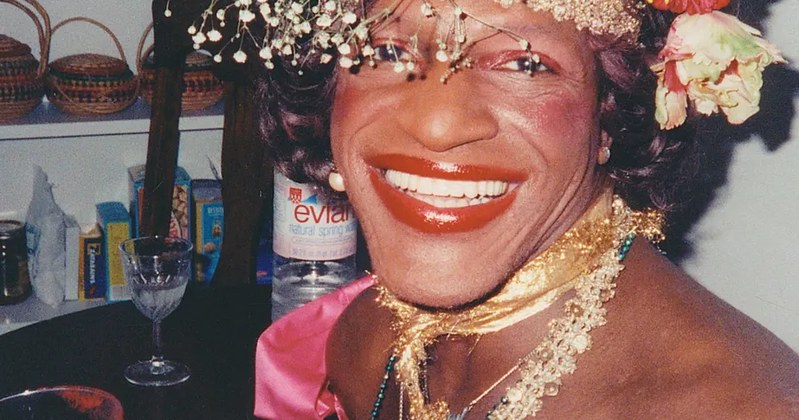
Marsha P. Johnson was a Black transgender woman and drag queen who played a vital role in the LGBTQ+ rights movement, particularly in the wake of the Stonewall Uprising. Alongside Sylvia Rivera, Johnson co-founded the Street Transvestite Action Revolutionaries (STAR), which provided shelter and support for homeless transgender youth. Despite facing discrimination and violence, Johnson remained a fierce advocate for her community, often putting herself on the front lines of protests and activism. Her work laid the foundation for the modern transgender rights movement, though she did not live to see the full impact of her efforts. Johnson’s legacy is a testament to the power of resilience and the fight for equality.
This article originally appeared on Rarest.org.
More From Rarest.Org
The world’s oceans are teeming with life, from the smallest plankton to the largest whales. However, many marine species are facing unprecedented threats from human activities such as overfishing, habitat destruction, pollution, and climate change. Read more.
In the fast-paced world of public relations, a few firms stand out for their ability to shape narratives, manage crises, and build powerful brand reputations. These PR powerhouses have consistently delivered results, leveraging their expertise in strategic communication to help clients navigate complex challenges. Read more.



